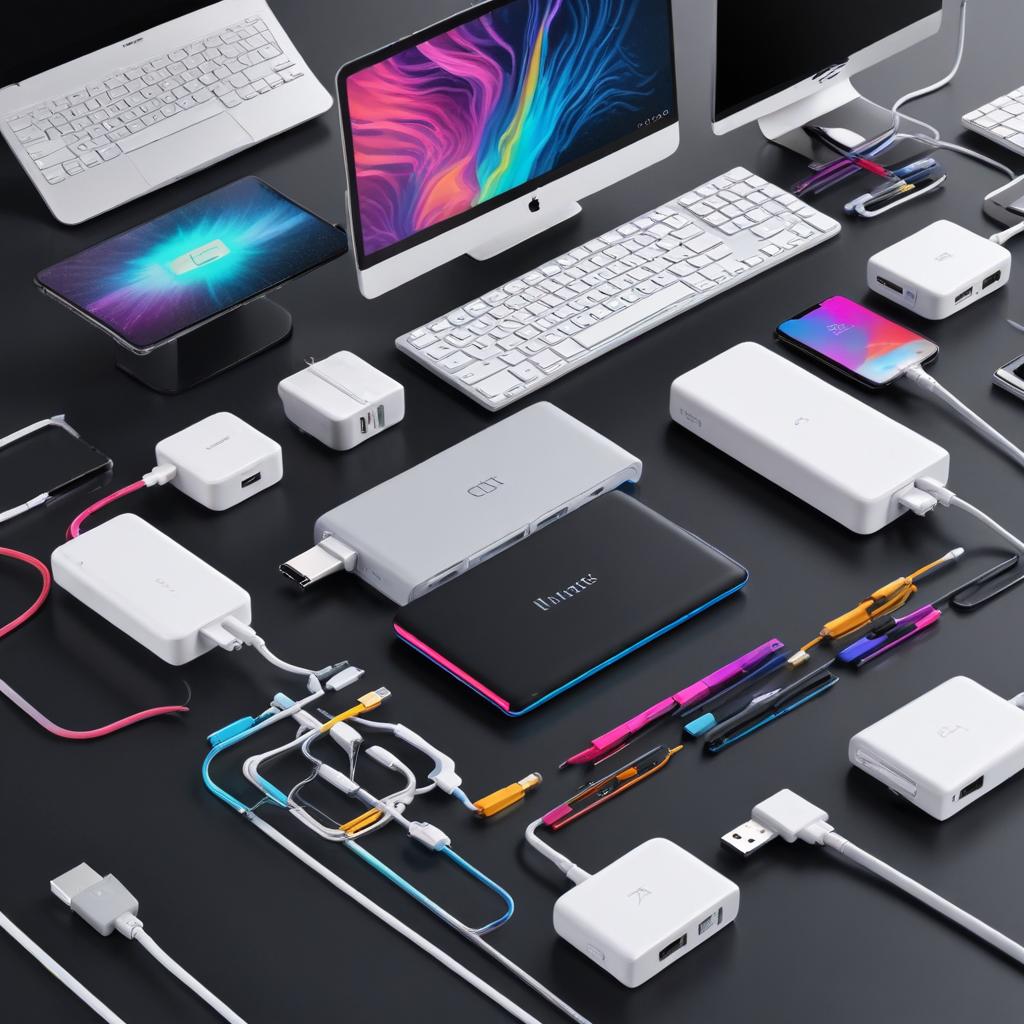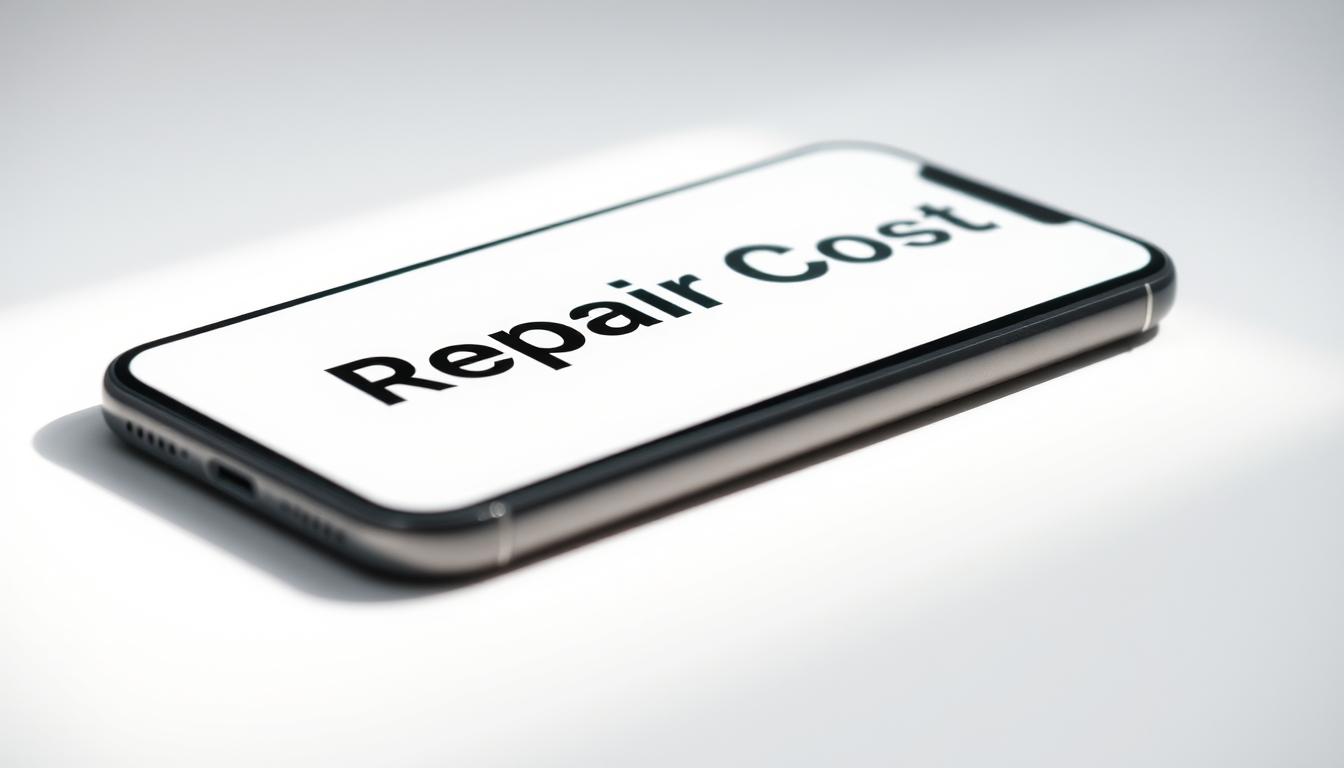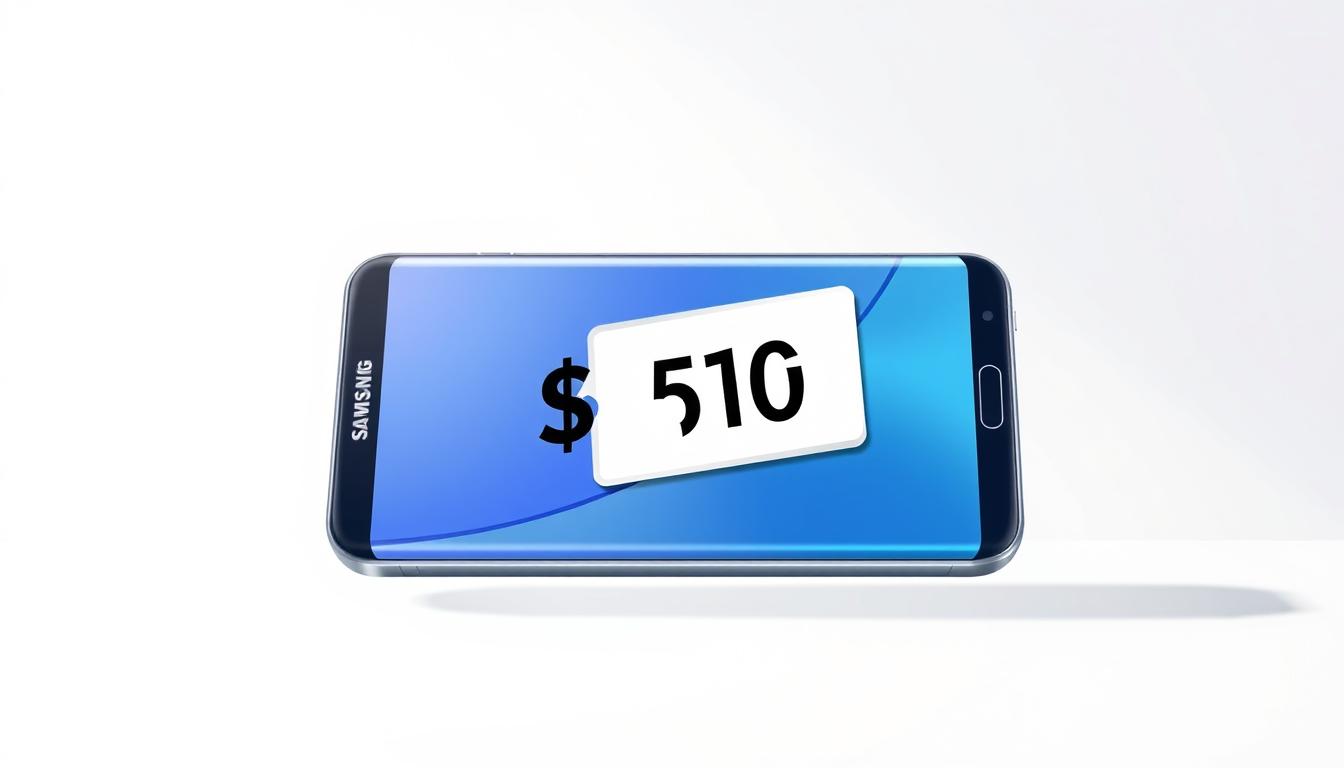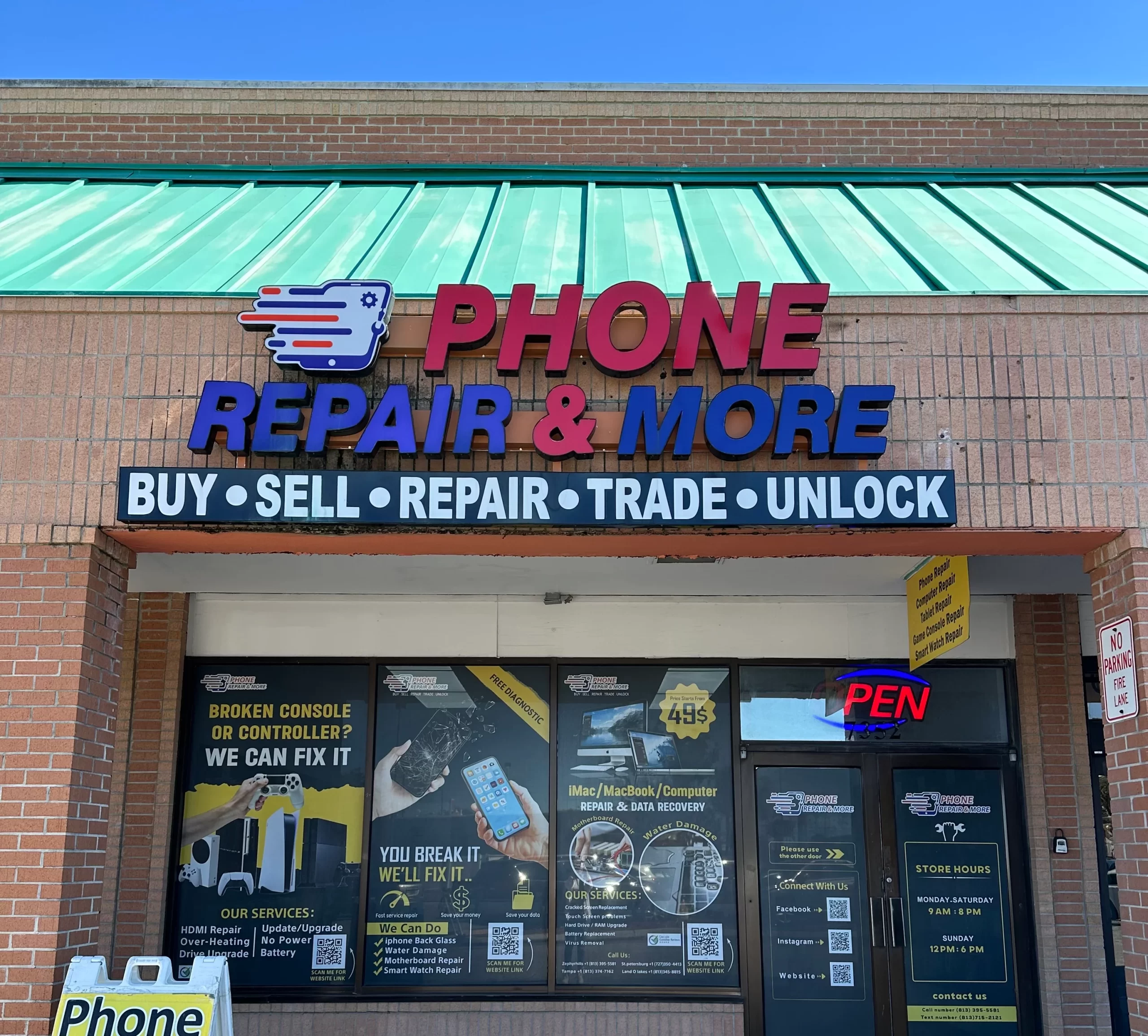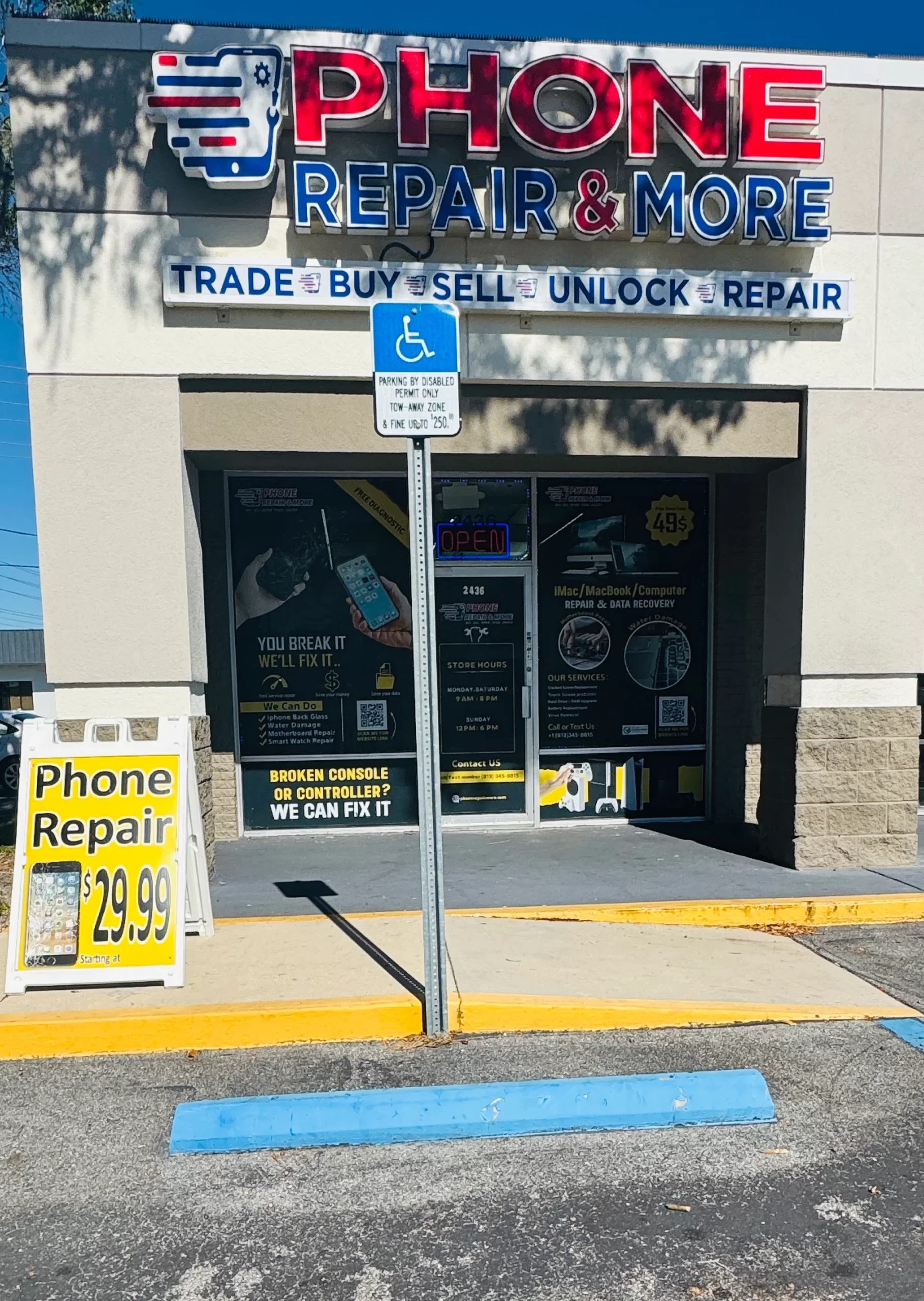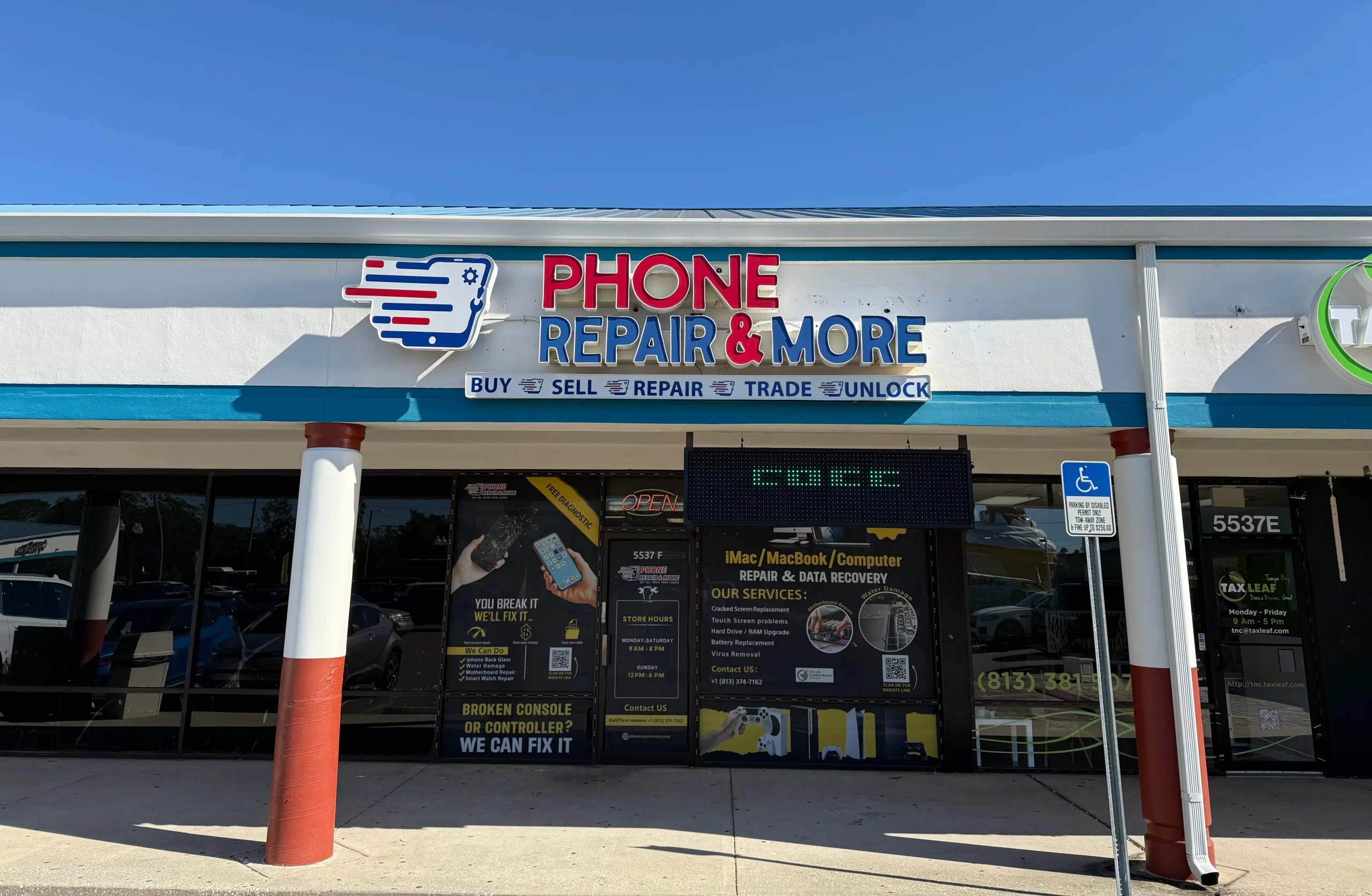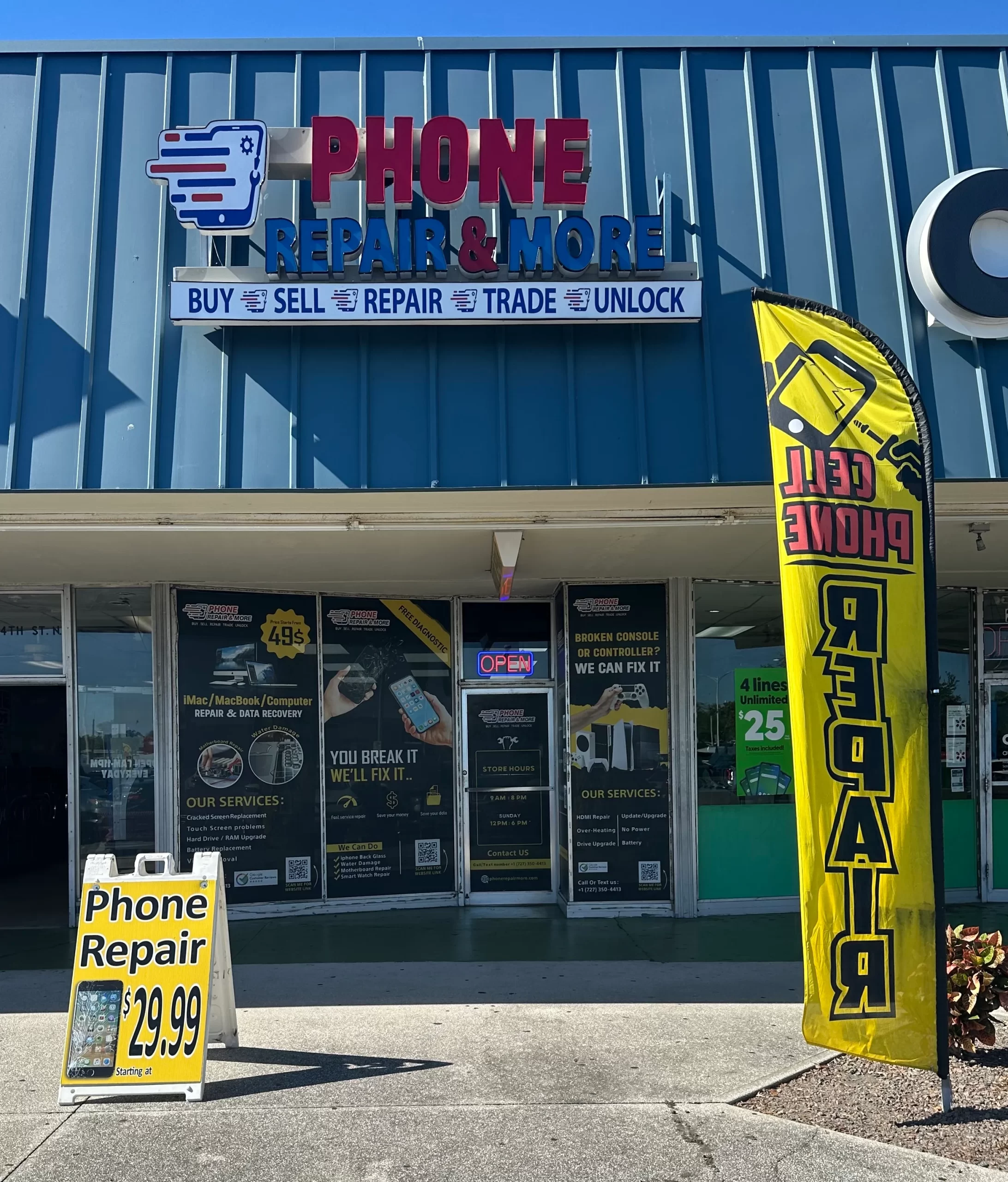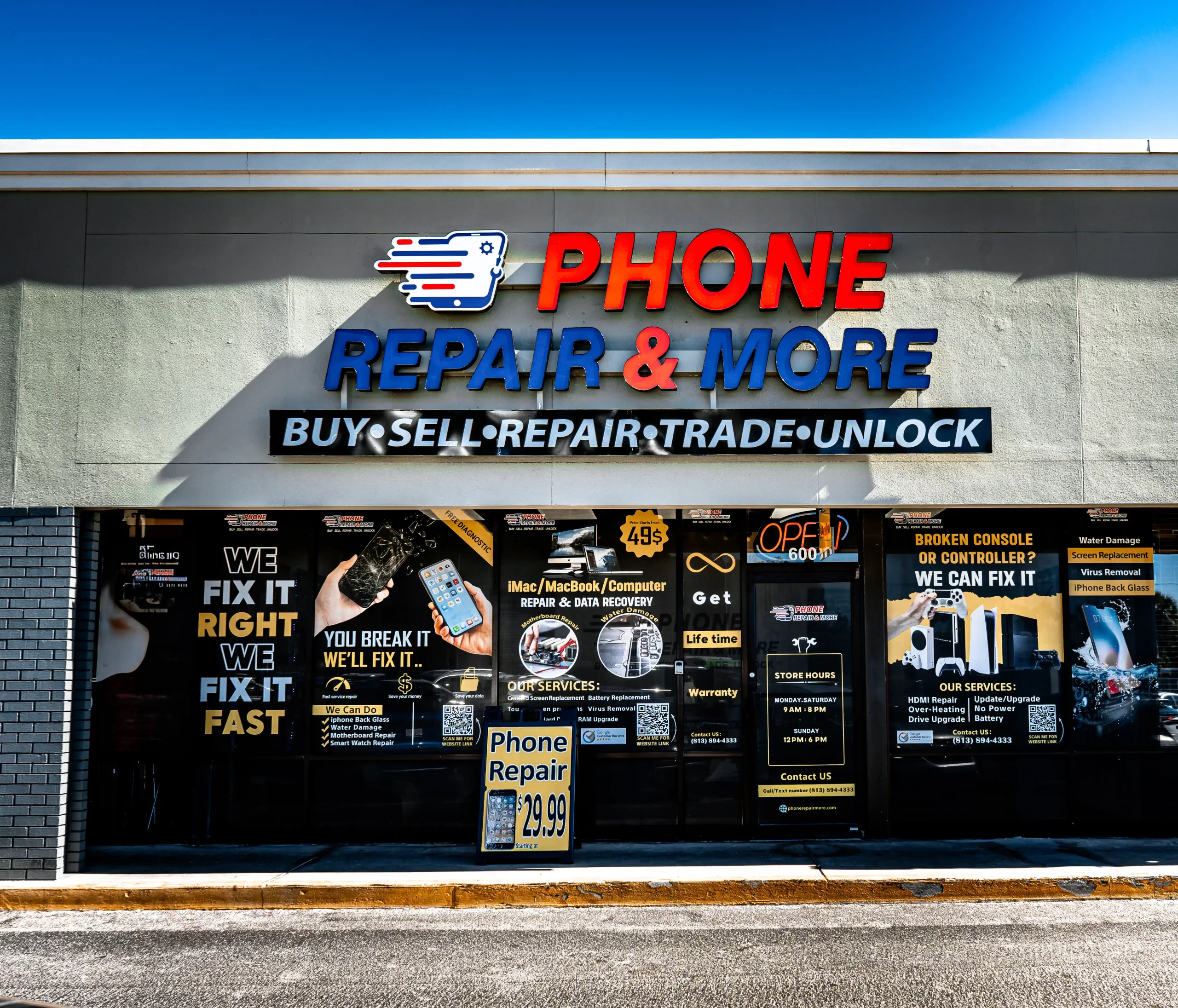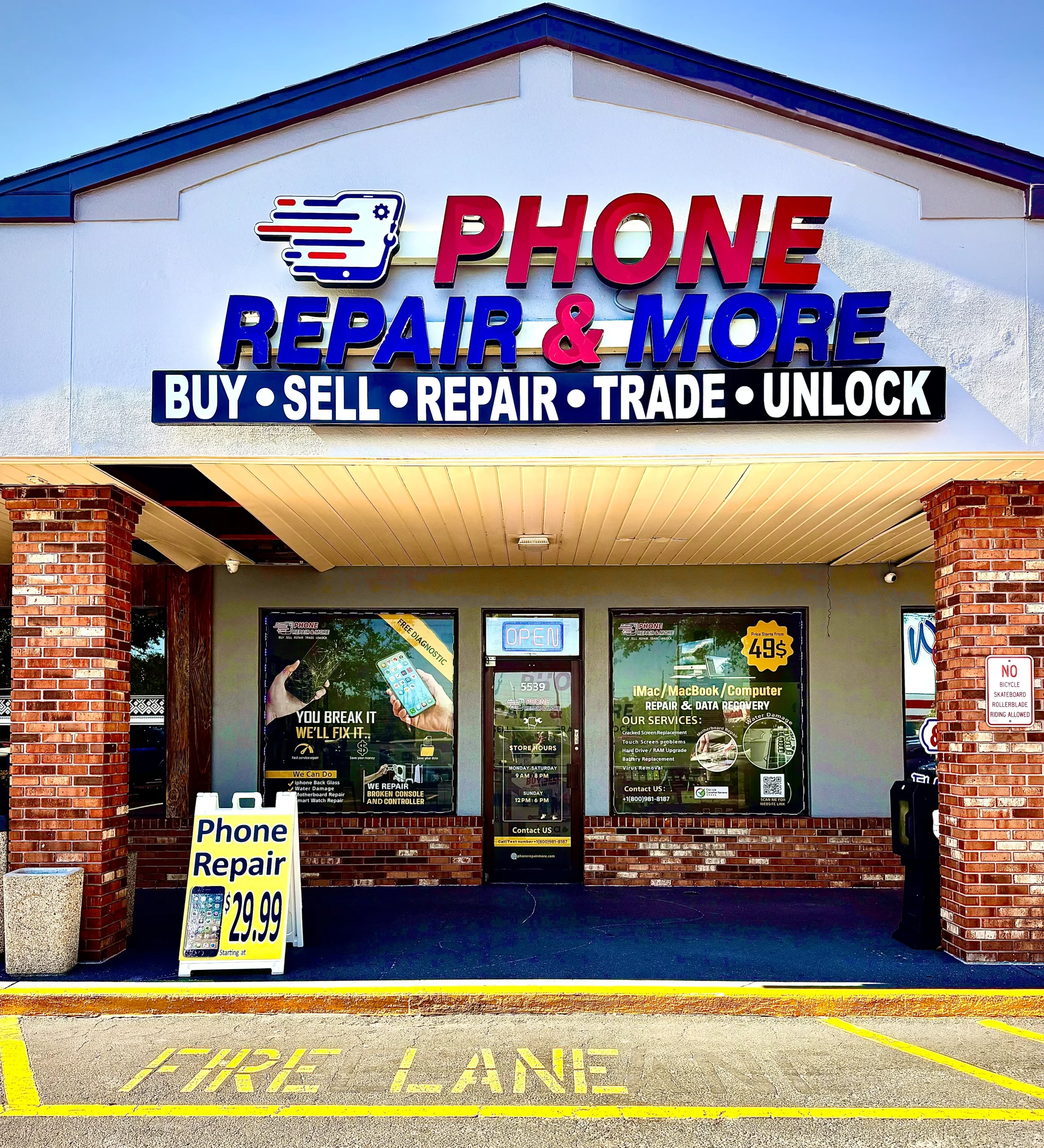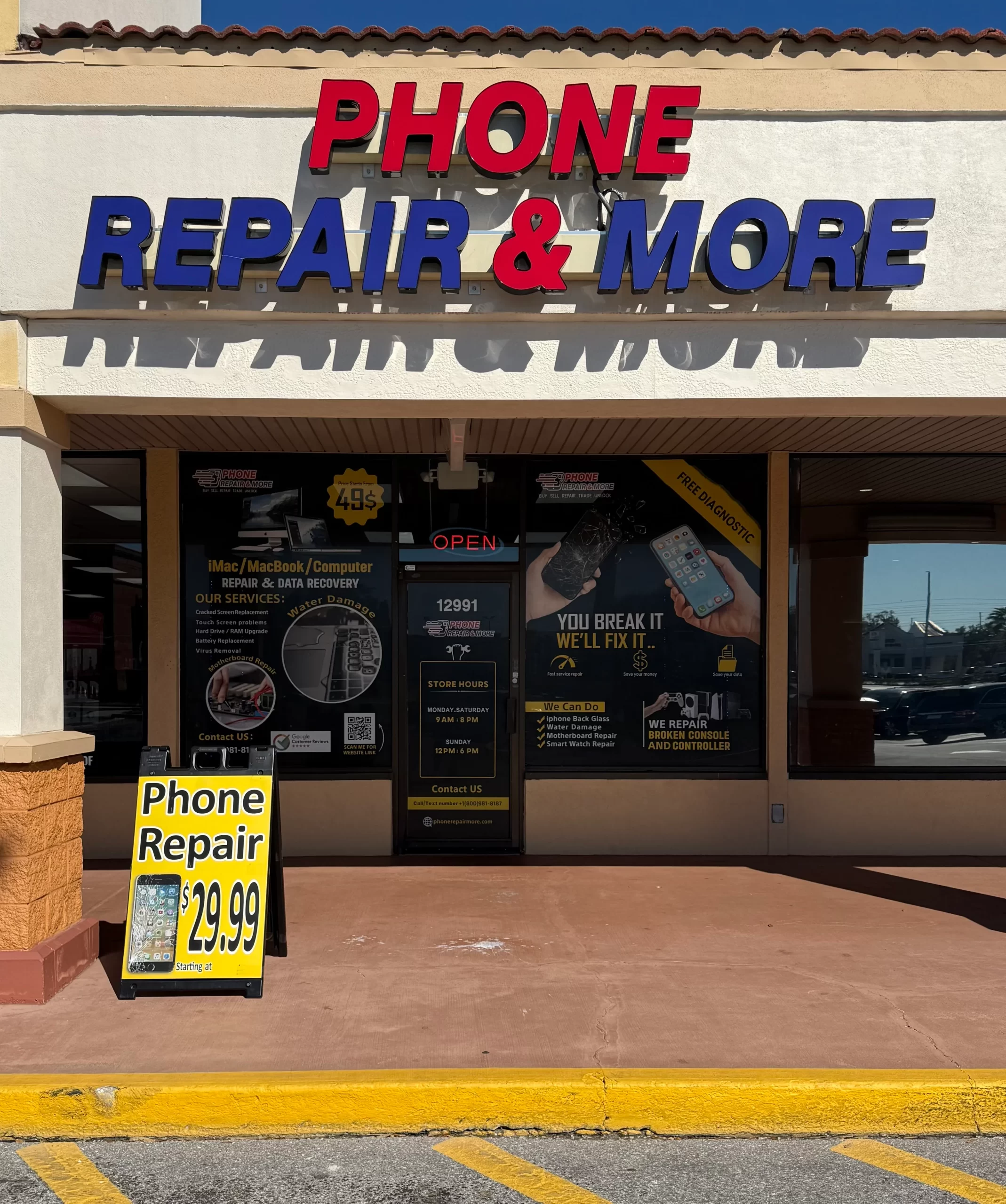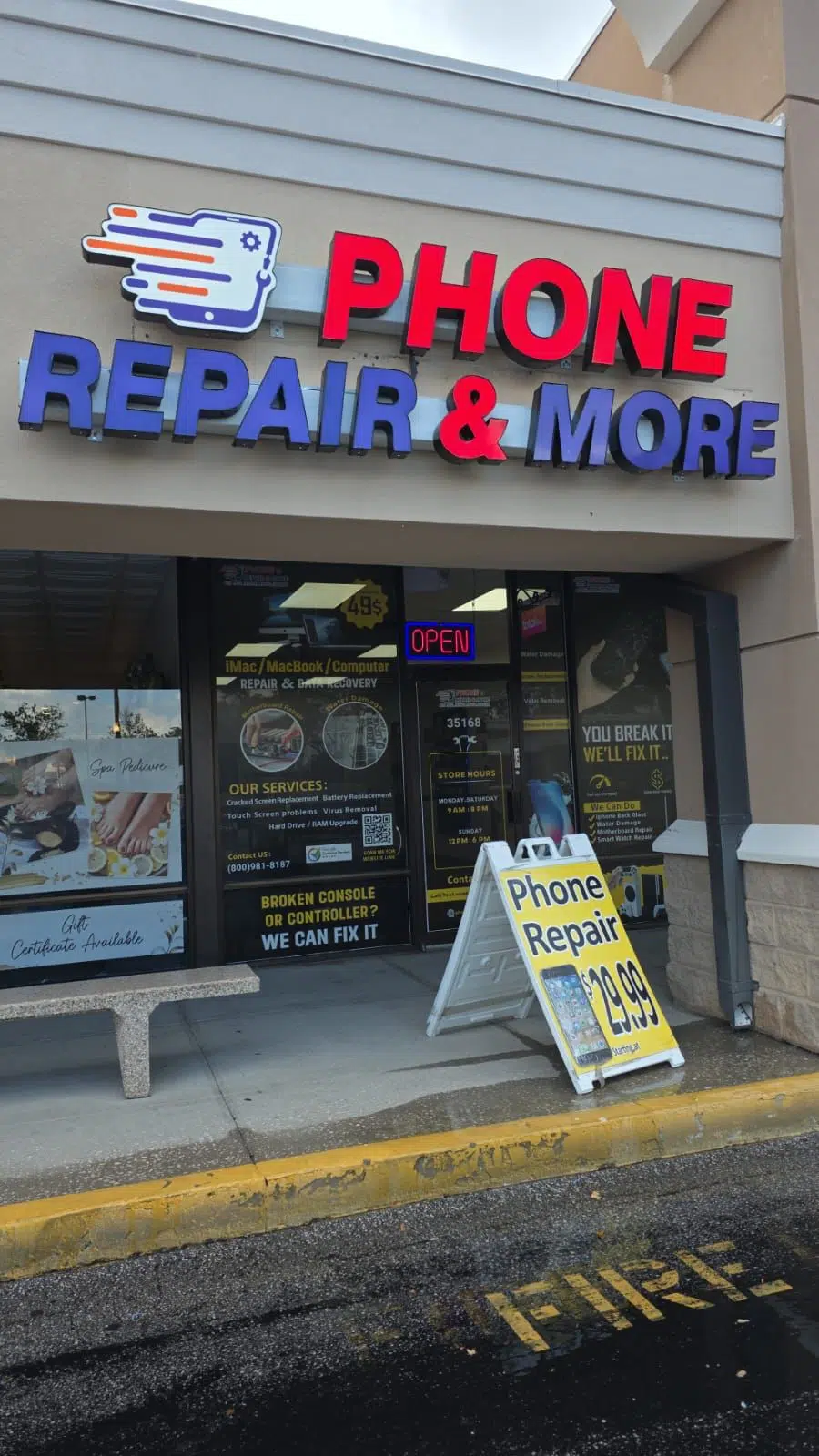Introduction
With a variety of electronic devices in daily use, it’s not uncommon to wonder about the interchangeability of chargers. A frequently asked question is, “Can I plug any charger into my laptop?” While it may seem convenient to use a charger that’s readily available, doing so can pose risks to both the laptop and the charger. This article explores the factors that determine charger compatibility, the potential risks of using an incorrect charger, and best practices for ensuring safe and effective charging.
Table Of Contents
- Understanding Charger Compatibility
- Risks Of Using An Incorrect Charger
- How To Choose The Right Charger For Your Laptop
- Frequently Asked Questions (FAQs)
- Conclusion
Understanding Charger Compatibility
Voltage And Amperage Requirements
Laptops require specific voltage and amperage levels to charge safely. The voltage (measured in volts, V) must match exactly, while the amperage (measured in amperes, A) should meet or exceed the laptop’s requirements. Using a charger with a lower amperage can lead to insufficient power delivery, potentially damaging the charger or the laptop. Conversely, a charger with too high voltage can overheat or damage the laptop’s internal components.
Connector Type
Different laptops use different connector types for charging, including barrel connectors, USB-C, and proprietary connectors. The physical connector must fit properly into the laptop’s charging port. Using an incompatible connector can not only prevent charging but also damage the charging port or the charger itself. It’s essential to use a charger with a connector type that matches your laptop.
You May Also Check: iPhone Only Charges When Dead? Here’s How To Fix It
Risks Of Using An Incorrect Charger
Overheating And Fire Hazards
Using a charger with incorrect voltage or insufficient amperage can cause the laptop or the charger to overheat. Overheating can damage internal components, reduce the lifespan of the laptop, and in extreme cases, pose a fire hazard. This risk is particularly high with cheap, non-branded chargers that may not adhere to safety standards. Phone Repair & More offers high-quality chargers that meet safety standards, helping to avoid these risks.
Battery Damage
Laptops are equipped with batteries designed to charge at specific rates. Using a charger that does not meet the manufacturer’s specifications can lead to battery overcharging, swelling, or degradation. This not only reduces battery life but can also cause the battery to become unsafe. It’s crucial to use a charger that matches the laptop’s battery specifications to avoid such issues.
Warranty Voidance
Many laptop manufacturers specify that using non-approved chargers can void the device’s warranty. This means that any damage caused by an incorrect charger may not be covered by warranty, leading to potentially expensive repairs. To maintain warranty coverage, it’s advisable to use chargers recommended or provided by the laptop manufacturer.
How To Choose The Right Charger For Your Laptop
Check Manufacturer Specifications
The safest way to ensure charger compatibility is to check the laptop’s manufacturer specifications. These can usually be found in the laptop’s manual or on the manufacturer’s website. The specifications will list the required voltage, amperage, and connector type. Using this information, you can purchase a charger that matches your laptop’s needs. Phone Repair & More can assist in selecting the right charger for your device, ensuring compatibility and safety.
Opt For OEM Or High-Quality Third-Party Chargers
While original equipment manufacturer (OEM) chargers are typically the safest option, high-quality third-party chargers can also be a reliable choice. Ensure that any third-party charger is certified and meets the necessary safety standards. Retailers provide quality chargers that are compatible with a wide range of laptop models.
Avoid Cheap, Unbranded Chargers
Cheap, unbranded chargers may be tempting due to their low price, but they often compromise on safety and quality. These chargers may not provide consistent power delivery, increasing the risk of damage to your laptop. Investing in a quality charger is a small price to pay for protecting your valuable device.
Frequently Asked Questions (FAQs)
Can I Use A Charger With Higher Amperage Than My Laptop Requires?
Yes, using a charger with a higher amperage is generally safe as long as the voltage matches. The laptop will only draw the amount of amperage it needs.
Recommended: Are MacBooks Worth Repairing?
What Happens If I Use A Charger With A Lower Voltage?
Using a charger with a lower voltage than required can result in insufficient charging or no charging at all. It can also strain the charger and potentially damage the laptop.
Is It Safe To Use Universal Chargers?
Universal chargers can be safe if they meet the specifications required by the laptop. Always verify the voltage, amperage, and connector type before use.
Conclusion
While it may be convenient to use any available charger, it is essential to ensure compatibility with your laptop to avoid potential risks. Matching the voltage, amperage, and connector type is crucial for safe and effective charging. Using high-quality, compatible chargers, whether OEM or certified third-party options, helps protect your laptop and maintain its longevity. By following these guidelines, and with assistance from services like Phone Repair & More, you can ensure that your device charges safely and efficiently.

